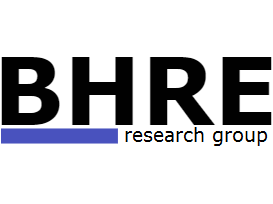The International Learning Lab on Public Procurement and Human Rights was launched last year and is co-organised by the Danish Institute for Human Rights (DIHR), the International Corporate Accountability Roundtable (ICAR), the Harrison Institute at Georgetown Law, the Business, Human Rights and Environment Research Group (BHRE), the Public Procurement Research Group of Nottingham University, and the London Universities Purchasing Consortium.
This is a hot topic in public procurement, and only likely to get hotter, we suspect. Stories about conditions in electronics and garment factories for instance have hit the national press. Citizens and taxpayers are rightly horrified to think that ‘their’ money, being spent by contracting authorities via public procurement, may be helping support human rights abuses in those and other areas.
So the Learning Lab aims to be a platform and mechanism for:
- experience-sharing among procurement actors on approaches to integrating respect for human rights;
- generating knowledge about public procurement law and policy and human rights;
- producing and disseminating tools and guidance to build capacity to integrate human rights issues among procurement professionals; and
- promoting coherence between procurement and human rights in international and regional frameworks and initiatives.
In what appears to be a positive start, the Learning Lab recently launched its website (www.hrprocurementlab.org) which covers three main content-related sections: Thematic Hubs, Resources and Events.
Additionally, the Learning Lab also recently published its inaugural report, (available free to download here), titled “Public Procurement and Human Rights: A Survey of Twenty Jurisdictions.” The substantial piece of work (104 pages) was authored by Claire Methven O’Brien, Amol Mehra, and Nicole Vander Meulen, with contributions from Marta Andrecka, Olga Martin-Ortega, and Robert Stumberg. The report provides the following:
- An overview of key standards, issues, and policy or practitioner initiatives concerning the interface between public procurement and human rights
- Key findings from a 20-jurisdiction survey of law, policy, and practice on public procurement and human rights conducted in collaboration with local partners
- Recommendations on measures needed to bring public procurement into alignment with human rights and sustainable development.
Do take a look at the website and the report – and for more information about the Learning Lab’s activities, or to subscribe to the mailing list, please contact Nicole Vander Meulen at nicole@icar.ngo
This article first appeared online on Public Spend Forum Europe

